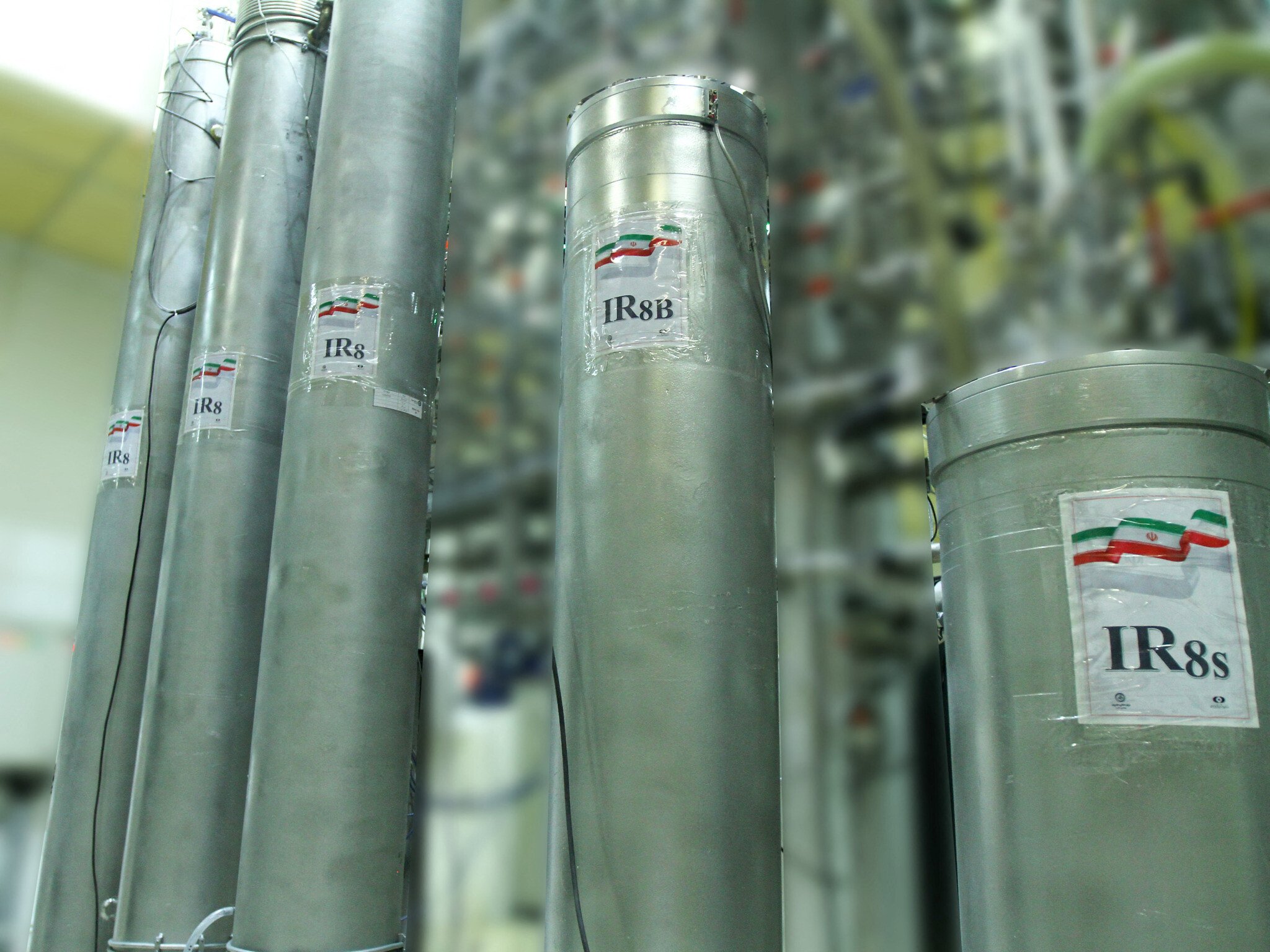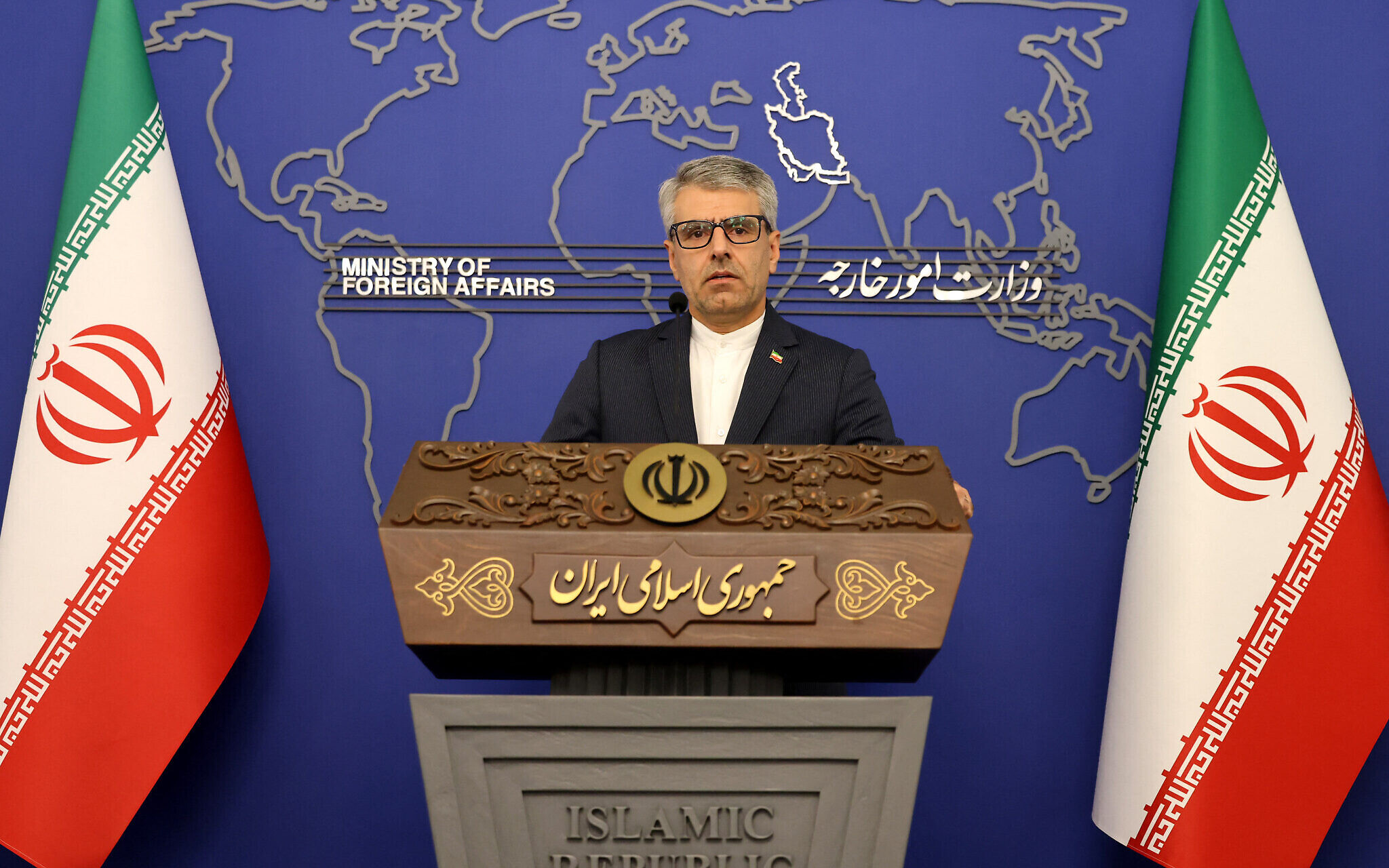



Iran, Russia and China will meet on Tuesday to discuss Tehran’s nuclear program and the risk of sanctions being reimposed under the United Nations’ snapback mechanism, Iranian Foreign Ministry spokesperson Esmaeil Baghaei said.
Britain, France and Germany, known as the E3, have warned they would use the mechanism, which would reimpose international sanctions on the Islamic Republic, if there was no progress on nuclear talks by the end of August.
Speaking on Monday, Baghaei said there were currently no plans to resume nuclear talks with the United States, with whom Tehran held five rounds of indirect negotiations prior to strikes by Israel and the US on Iran last month.
Baghaei also blamed European powers for failures of the 2015 nuclear deal, accusing them of breaking their commitments ahead of renewed talks in Istanbul on Friday with Britain, France and Germany.
“The European parties have been at fault and negligent in implementing” the nuclear agreement, said Baghaei.
Baghaei also said Tehran would also “seek answers” from the European nations because they did not condemn the Israeli and US strikes last month.
The three European powers, along with China and Russia, are the remaining parties to the 2015 nuclear deal that lifted sanctions on Iran in return for restrictions on its nuclear program. The US withdrew from the pact in 2018.
On Sunday, Ali Larijani, in his capacity as Iranian presidential envoy, held a meeting with Russian President Vladimir Putin.
The meeting between Iran, China and Russia will take place in Tehran at the level of foreign ministry directors general.
“We are continuously coordinating with these countries on how to prevent [the snapback mechanism] or to mitigate its consequences,” Baghaei said, adding that the E3 lacked the legal standing to invoke the mechanism.
The Western nations are said to believe the snapback process must be completed — if necessary — before Russia takes Security Council presidency in October.
Israel’s attack on Iran in June, after nearly two years of attacks by Tehran’s regional terror proxies as well as direct ballistic missile and drone attacks from Iran, led to the suspension of the Iran-US talks. Israel said its assault on Iran’s top military leaders, nuclear scientists, uranium enrichment sites, and ballistic missile program was necessary to prevent Tehran from realizing its avowed plan to destroy Israel.
Tehran maintains its nuclear program is solely meant for civilian purposes. However, it enriched uranium to levels that have no peaceful application, obstructed international inspectors from checking its nuclear facilities and expanded its ballistic missile capabilities. Israel said Iran had recently taken significant steps toward nuclear weaponization.

